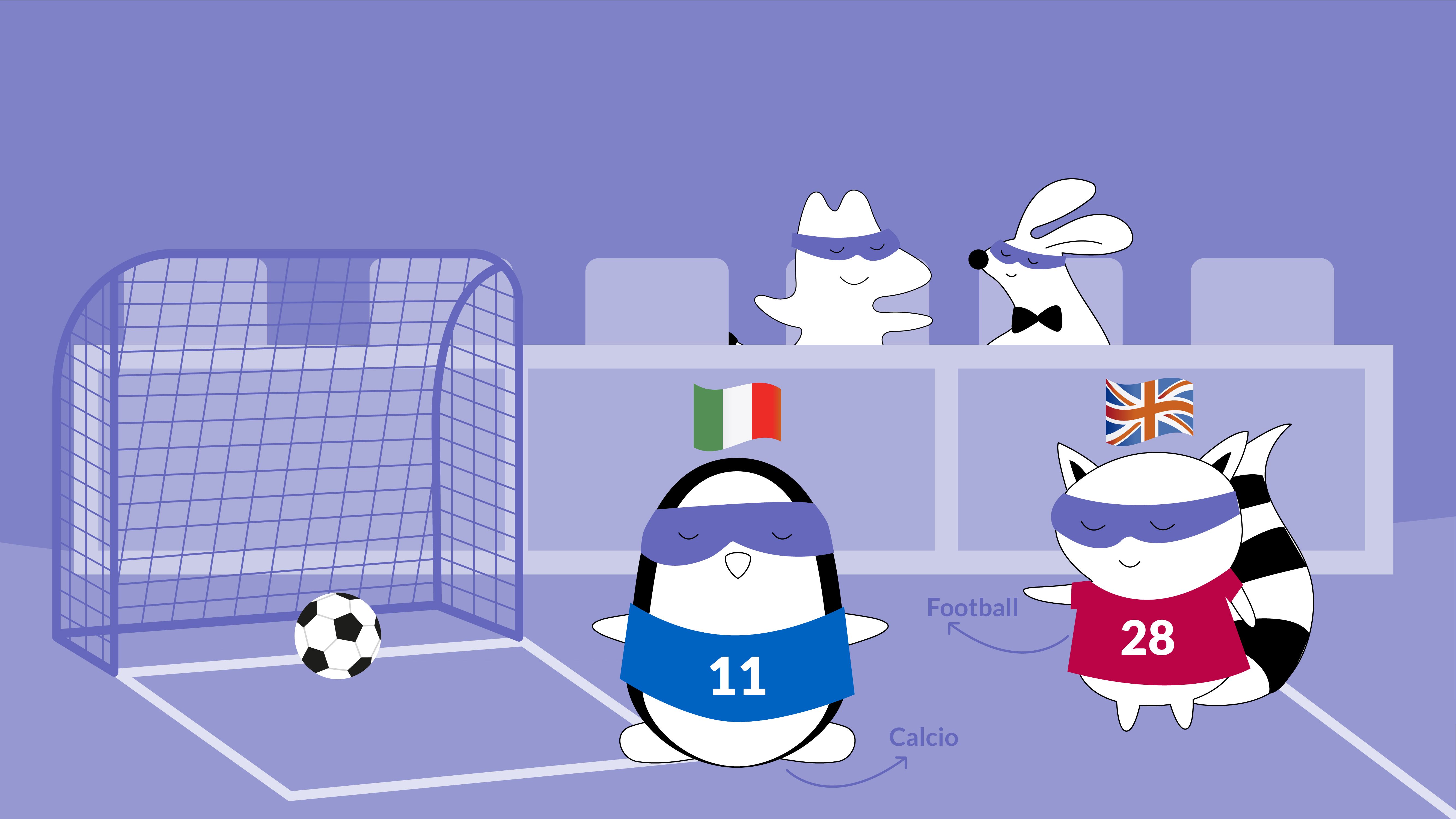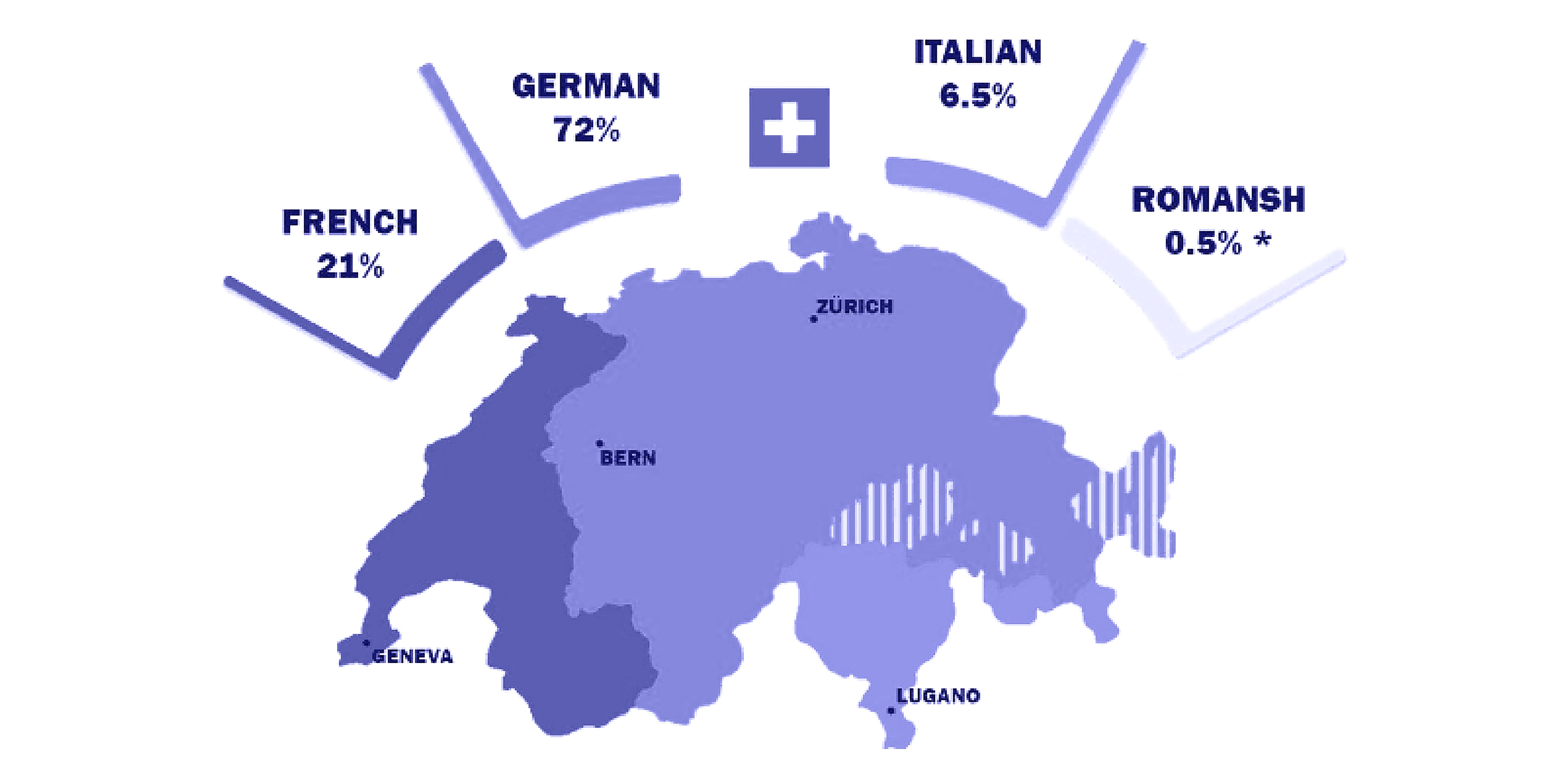
Today, English words are used in other languages all around the world. As English has become a global language, it's no surprise that foreign languages are infused with English vocabulary.
For instance, you probably already use terms like business, marketing, manager, PR, and many other words in your native language without thinking of where each one originates. However, while some of these words are direct translations, many have taken on entirely new meanings and applications.
To better understand how English permeates other cultures, let's take a look at some of the most common words that have been translated into other languages, along with some context and examples.
Learn English with Langster
What Is a Loan Word?
A loan word is simply a word that has been borrowed from one language and used in another. It's also known as a borrowing, or sometimes as a calque. Such borrowed words are also known as anglicisms, which simply means they are of English origin.
English words can be borrowed into other languages for various reasons. Sometimes this happens because the language lacks its own native equivalent for something, while other times, it may just be to keep up with modern trends or to give a language a more international feel.
Direct Translations
The most obvious example of an English word being used in a foreign language is when its meaning stays the same. In this case, the English word is simply transliterated into the new language as closely as possible, with little to no change in meaning or pronunciation.
For instance, the English word taxi is directly translated into Spanish as taxi and is pronounced the same way by Spanish and English speakers. This is often the case for different types of sports, genres of music, and some foods.
To further illustrate the point, here is how the word football has been adopted by many other languages:
| English | French | German | Spanish | Portuguese | Swedish | Ukrainian |
|---|---|---|---|---|---|---|
| football | football | fußball | fútbol | futebol | fotboll | футбол |
| English | French | German | Spanish | Portuguese | Swedish | Ukrainian |
|---|---|---|---|---|---|---|
| football | football | fußball | fútbol | futebol | fotboll | футбол |
This example is, in fact, a bit tricky, as the word football itself means two different sports for Americans and the rest of the world. What you know as football in Great Britain – or any other country in the world, really – will be called soccer in the United States.
And while, as you can see, the English and French words for this sport are the same, an Italian word for it would be something completely different – calcio. Let’s take it as an exception that only proves the rule.

However, the spelling can also be changed to reflect the spelling and pronunciation of the language that is being used in.
Take the word cool, for instance. While it can have several meanings in the English language – from low temperatures to lack of friendliness to composure, it primarily conveys a feeling of being relaxed and chill in German. However, the German word for cool is spelled as kühl, although it sounds the same.
Different Meanings and Usage
English words are often used in other languages with entirely different meanings or applications.
For example, in Scandinavia, the word gift has two meanings. The first one means getting married since it is derived from Old English words for wedding gifts or dowries. The second meaning is, however, a little less pleasant. In German, Norwegian, and Swedish, this word means poison.

English words can be used in other languages as slang or informal terms. For example, the English word fancy has been adopted by French speakers to describe something expensive or high-end. It's not a direct translation — instead, it's simply an informal term picked up from the English language and used in French conversation.
Other English words have been adopted to describe feelings or emotions that don't necessarily have an equivalent in the original language. A popular and commonly used Dutch word leuk, for example, is derived from the English word like and can be used to express fondness or admiration for something or someone.
Finally, some English words are adopted to describe actions, lifestyles, or a specific culture. The Japanese word dorama, for example, comes from the English word drama, and is a term used to describe a genre of popular Japanese TV shows.

English Words in European Languages: Examples
If you spend some time in Europe, you’ll notice that many of the English words used in other languages are actually quite common – usually, to refer to something as modern and trendy.
Here are some examples of English words adapted by other languages, both literally and with new, surprising applications:
- German: party, der Handy (cell phone), der Rowdy (a hooligan), der Dressman (male model), das Mobbing (bullying).
- Dutch: downloaden (to download), airconditioner (air conditioner), Whatsappen (to send a message via WhatsApp).
- French: le parking (car park), le weekend, le smoking (tuxedo), les jeans (blue jeans).
- Italian: shoppone (a shopaholic), skillato (someone with professional skills).
- Spanish: autostop (hitchhiking), lifting (facelift), freaky (nerdy).
- Bulgarian: уъркшоп (workshop in Cyrillic letters), Пиар (PR or public relations).
- Greek: τρόλεϊ (trolleybus), πάρκινγκ (car park), τσιπς (crisps for UK English or chips for US English).
- Hungarian: dzsessz (jazz), fájl (file), meccs (match).
As you can see, English words can be adapted and adopted in different languages to refer to things that don't necessarily have an exact translation. From sports and fashion to music and emotions, these foreign borrowings are popping up everywhere – so, keep your ears open! There are even more English words being used around the globe.
The Bottom Line

Loan words are an important part of any language, as they often provide useful or sought-after terms that may not exist natively. English loan words have been adopted by many languages for different reasons, from direct translations to more creative applications, and they can often provide an interesting insight into the culture and history of a language.
Hopefully, this article has given you an idea of just how English words are used in other languages! By understanding these nuances, we can better appreciate how languages influence each other – many of the languages mentioned in the article have influenced English as well – and therefore, communicate with a more international feel.
Don’t hesitate to download our Langster app to boost your English vocabulary with new words and handy phrases! Inside, you’ll also find audio from native English speakers to help you pick up proper phrasing. Good luck!









